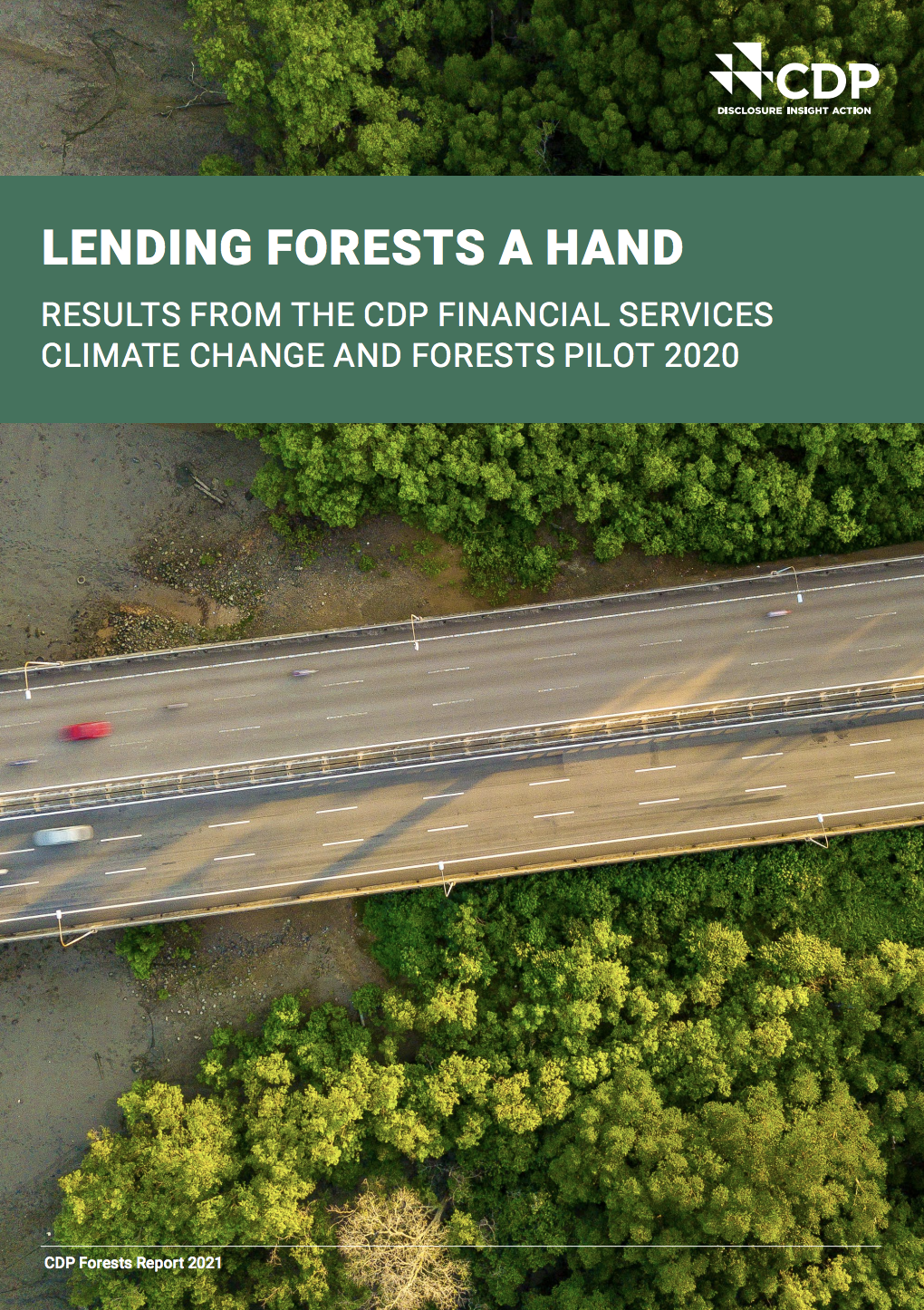Companies play a key role in ending deforestation because their revenues depend on commodities that cause it. As a key source of demand for these commodities, they are also able to influence how they are produced and drive change at scale. Encouragingly, more and more companies are beginning to recognize the benefits of acting on deforestation. In spite of 2020’s challenges, the number of companies disclosing data through CDP on how they are managing deforestation has increased by 27% since last year - 687 companies disclosed data in 2020.
However, to end deforestation, it is clear the scale and speed of action must increase. Disclosure on deforestation still trails behind that on climate change and water security – only 31% of requested companies disclosed in 2020. Progress to end deforestation to date has been slow, limited to certain products, geographies or value chains. The majority of the market is falling short of the ambition needed.
This report looks at data disclosed by 553 companies using or producing seven commodities responsible for the majority of agriculture-related deforestation. These companies’ current governance, strategies and implementation measures are assessed against a series of industry-accepted measures to reduce deforestation, broken down into 15 Key Performance Indicators (KPIs) and split into six categories.
Key findings include:
- A decade of private sector commitments has failed to eliminate commodity-driven deforestation.
- However, there are pioneers leading the market transformation.
- Corporate action on deforestation is becoming the norm.
- In some commodities, progress is strong - in others it is lacking.
- The cost of inaction is greater than the cost of action.
- Ambition and collaboration is lacking.
